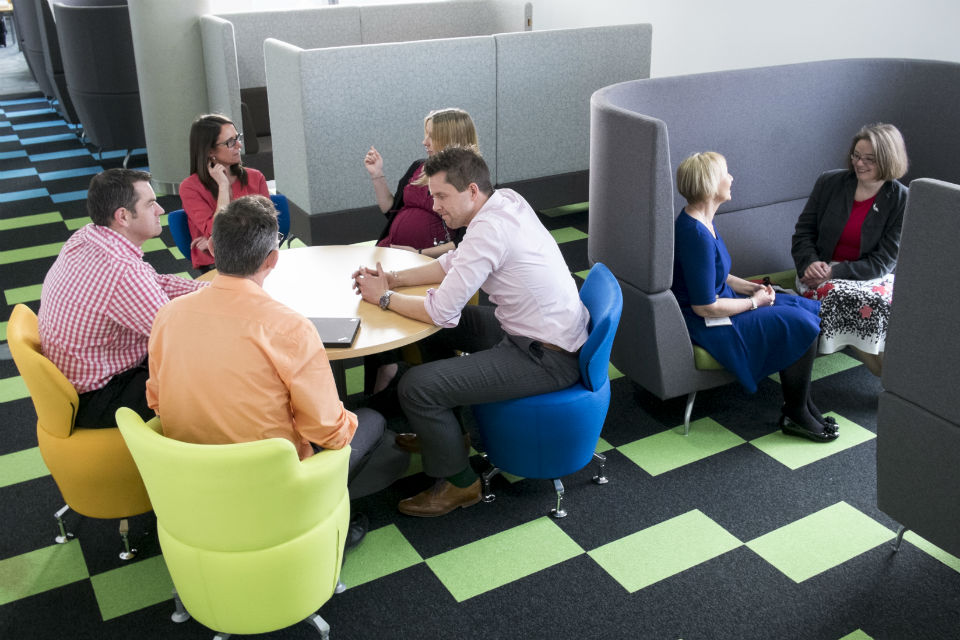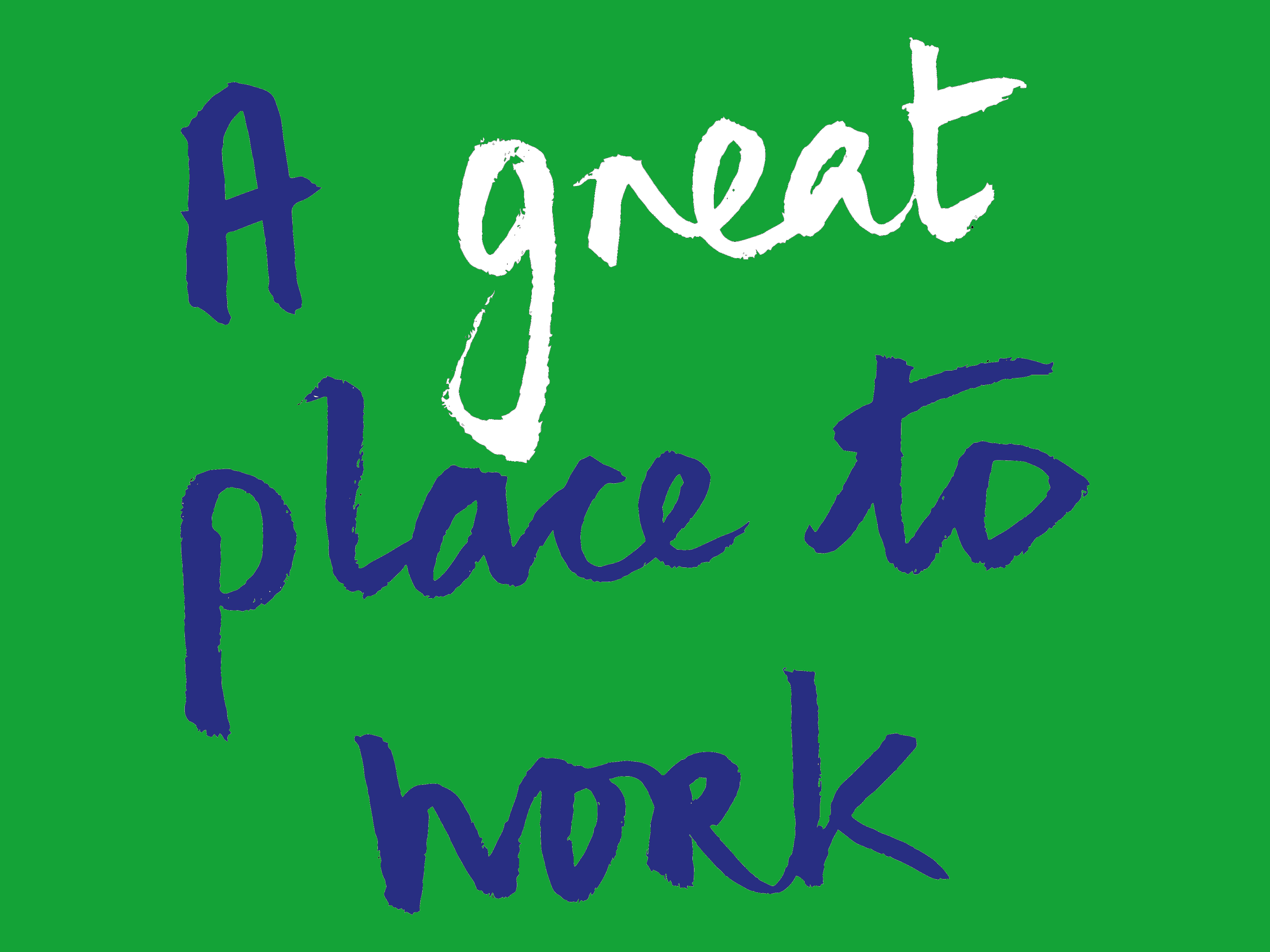
Facilities management (FM) is a big topic that affects us all, every day, in ways most of us take for granted or are unaware of. It covers a wide range of subjects concerned with the built environment– where we work – and the everyday running of buildings to support the business of the organisation.
And FM is a massive business – the outsourcing of facilities management is expected to increase from a market value of £106 billion in 2012 to £117 billion next year, according to research from Market & Customer Insight.
In the Civil Service, FM has an important role to play in providing great places for civil servants to work effectively, making best use of smart-working policies.
One of the many definitions of FM is: 'the management of accommodation and workplace environments to support corporate operations'. Another splits the role into two key themes, 'space and infrastructure, and people and organisation'.
Major change
The life-cycle of property covers inception, design and construction through to occupation and, ultimately, disposal. The period when people actually occupy a building and carry out their business is 10 to 25 times longer than that taken up by any of the other activities.
The common view of FM is that it is purely about the delivery of building services, as distinct from meeting the needs of the people who use the building, other than providing the right lighting levels, keeping the building warm, cool, and so on. However, FM is undergoing a major change to being directly involved in providing environments that demonstrably improve the working lives of their occupants.

Increasingly, research clearly shows the link between happy, healthy employees and the quality and the quantity of their output at work. There is also strong and mounting evidence of how organisational culture and the workplace environment influence the quality of our work and working lives. Badly designed workplaces and unsympathetic workplace cultures will almost inevitably have a negative impact on physical and mental health, which in turn is likely to have a damaging impact on productivity, however we define it.
People-orientated
The essence of the change in FM is the realisation that it is actually a people-orientated discipline, though coupled with the practicalities and technicalities of the building services industry.
Most facilities managers have technical qualifications, because that’s how they came to FM, perhaps from surveying or engineering backgrounds. But the new world of FM is going to be focused much more on people. In May 2014 the Chartered Institute of Personnel Development and the British Institute of Facilities Management produced a report exploring how changes in the way work is done are affecting the physical work environment and demanding radical changes in the traditional view of the office.
Human resources (HR) and FM are the custodians of two of the most important drivers of business performance – people and places. Add a third dimension, IT, and you start to make a link between people and places less limited by physical space. A common aspect of a dysfunctional workplace is the tendency for internal functions, such as HR, FM and IT, to operate independently.
Health and well-being
FM is moving from being simply a provider of services to a proactive decision-making role in how the office environment is designed, how it will be maintained, how it will be used, and the way services are delivered.
Too often it is forgotten that the people working in organisations are the ultimate 'customers' of the workplace. What do they need to carry out their work? What makes them more comfortable? How does the workplace currently support this, and how well are the facilities performing in making the workplace as effective and productive as possible?

A recent CBRE report says that by 2040 the workplace will be very different, with more autonomy and greater choice for employees. In addition, wellness will become a priority, as societal and technological changes shift the approach individuals and organisations take regarding health and well-being.
Indeed, these considerations have become more important for the Civil Service in recent years, as we understand better the link between individual well-being and organisational effectiveness.
 FM is an exciting profession that is constantly developing and gaining recognition as a major influencer of the environments in which we work. As we move to more effective and collaborative cross-departmental working, we will need to provide the right environments for civil servants to work in, with FM, HR and IT combining to play their part in making the Civil Service 'A great place to work'.
FM is an exciting profession that is constantly developing and gaining recognition as a major influencer of the environments in which we work. As we move to more effective and collaborative cross-departmental working, we will need to provide the right environments for civil servants to work in, with FM, HR and IT combining to play their part in making the Civil Service 'A great place to work'.
You can find out more about the Government Property Profession and how we support property professionals in government here.
If you are an FM professional working in government, sign up for one of our short seminars , which offer 3 hours continuing professional development (CPD). The next one is in:
